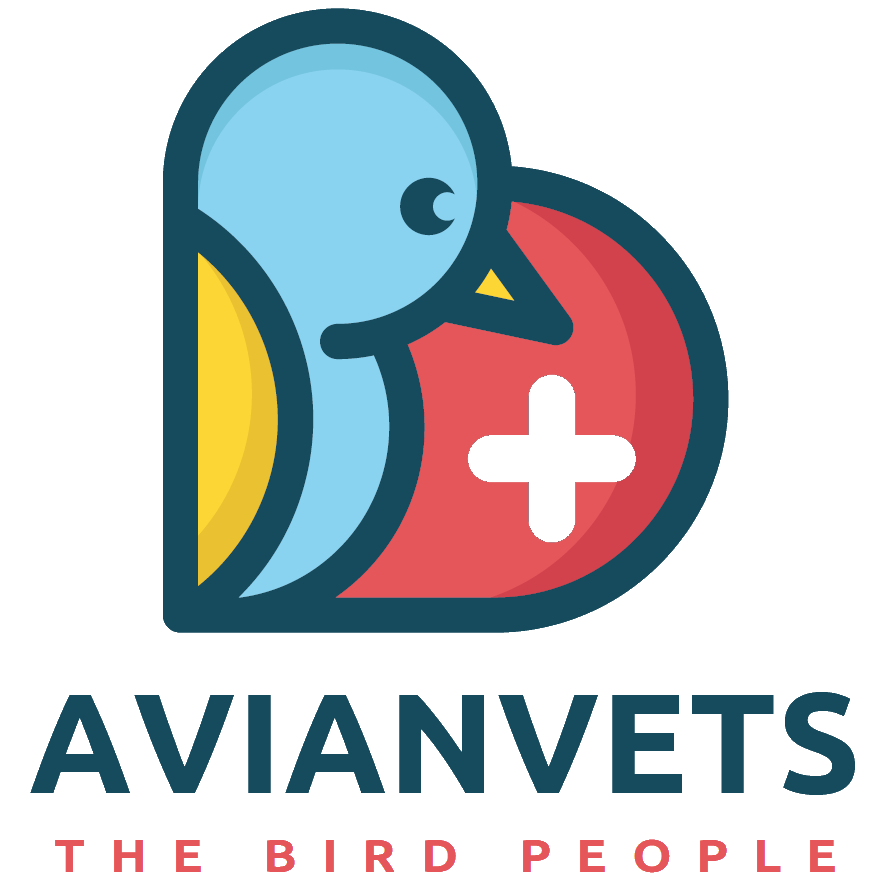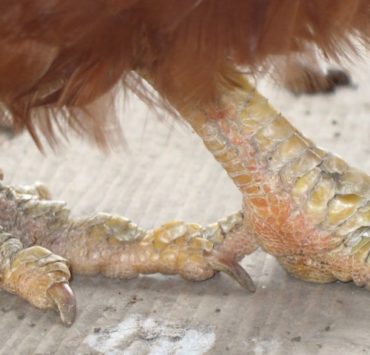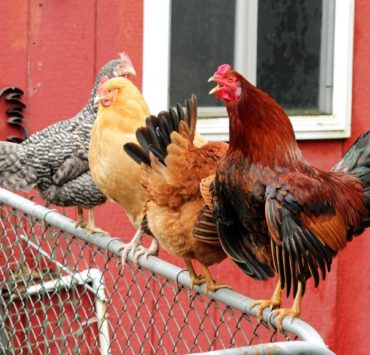
Fun fact: A female bird that’s not exposed to a male will still lay eggs.
Female birds, much like female humans, ovulate whether or not a male of their species is involved. The only difference is in the size of the egg. In humans, female eggs are microscopic, whereas, in birds, the egg becomes larger and is enclosed in a shell before it is expelled.
Although most female birds usually don’t have any difficulty laying eggs, they may, on occasion, encounter challenges. The most common of these is egg binding. If left untreated, the bird can develop complications and eventually die.
What is egg binding, and how do you treat it? Here’s everything you need to know about the condition.
What Is Egg Binding?
This condition occurs when a female bird is unable to expel an egg. Instead, the egg becomes stuck somewhere along the oviduct, and the bird cannot pass it out of its body.
An egg bound bird that is unable to expel the egg within a 24 to 48-hour period will usually die. Therefore, it needs to be addressed quickly, preferably by an experienced avian veterinarian, before it becomes life-threatening.
Young birds laying eggs for the first time, as well as older hens, are more vulnerable to becoming egg bound. While the exact causes of the condition in egg bound chicken and female birds of other species are unknown, a common reason is feeding your bird a nutritionally unbalanced diet.
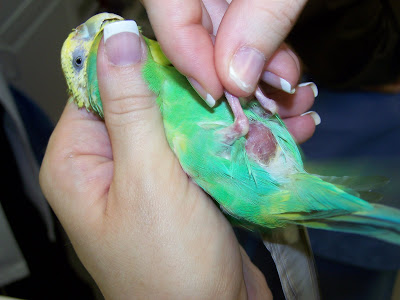
This is frequently seen in birds on all-seed diets that are deficient in several vitamins and minerals, particularly vitamins D and E and calcium and selenium. These nutrients are necessary for the healthy formation of the eggshell and the proper contraction of the oviduct muscles and those of the uterine wall. Improper muscle contraction is a major cause of egg binding in birds.
Low levels of dietary calcium may also lead to the production of shell-less or soft-shelled eggs and a host of other abnormalities that makes it difficult for the hen to pass the egg. Even excessively large eggs may get stuck on their way out.
Lifestyle diseases like obesity resulting from an all-seed, high-fat diet or sedentary living may also cause egg binding. Old age, various hereditary conditions, and even an improper laying environment are all potential causes of the condition.
Is My Bird Egg Bound – How to Tell
An egg bound duck and chicken exhibit a similar range of symptoms. Here are some of the tell-tale signs of egg bound chicken and ducks.
- Abnormal droppings – If you notice your chicken or duck producing abnormal-looking droppings or failing to produce any at all, that’s a red flag right there.
- Fluffed up feathers – This is a common sign of illness in many bird species. If you notice your bird sitting with their feathers looking ruffled and fluffed up, assess them for other symptoms that could point to egg binding.
- Labored breathing – This one of the most common egg bound chicken symptoms. Female chicken and ducks with the condition develop rapid breathing that often seems labored.
- Lameness – You may see your bird walking with a slight limp. This is often due to the pressure the bound egg puts on the nerves going to the legs.
- Loss of appetite – This is yet another common sick bird symptom. If you notice your bird eating less, or not at all, assess them for other symptoms of egg binding.
- Straining – You might notice your bird visibly straining to pass an egg with no luck. That’s a definite sign that there’s something wrong.
- Swelling – You’ll notice signs of swelling around their stomach or bottom that comes about from straining to pass the egg. Swelling on any part of your bird’s body is a cause for concern. Get in touch with an avian vet as soon as possible.
Early detection of the condition goes a long way in averting egg bound chicken death.
Symptoms of Egg Binding in Budgies and Parakeets
An egg bound budgie or parakeet also exhibits several of the symptoms outlined in the previous section, in addition to the ones listed below.
- Sitting on the cage floor – An egg bound parakeet or budgie will tend to spend a considerable amount of time sitting on the cage floor. Given how small these birds are, eggs that get stuck inside them put a lot of strain on their spine, interfering with their ability to perch.
- Wings drooping – A budgie might exhibit this symptom the most. If you notice your bird isn’t holding their wings tightly against their body as they usually would assess them for other egg binding symptoms.
How to Help an Egg Bound Chicken or Pet Bird
If your female bird is egg bound, you need to have an avian veterinarian see them as soon as possible. Remember, time is of the essence here, so acting quickly could be the difference between life and death.
Although it is possible to massage the egg out, this should only be done by a vet or an experienced pet owner. If that doesn’t describe you, try placing the bird in a steam room first or warm water bath. This helps to relax the muscles, which, in turn, may help the bird pass the egg on its own.
If that doesn’t work, it may be necessary to break the egg while it is still in the bird. A vet would first insert a needle into the egg to drain its contents. This causes the egg to collapse. They would then carefully remove all the shell fragments and residue. These could potentially cause infection or tissue damage if left inside the oviduct.
Alternatively, the vet could use an injectable drug that causes the oviduct to contract, allowing the hen to pass the egg.
Prevention Is Always Better Than Cure
Although egg binding is rare, the good news is – it is preventable. Ensure your bird gets proper, balanced nutrition and lives in a stress-free environment.
Finally, keep a close eye on your birds and learn their daily habits so that you catch any symptoms of egg binding early on.
Use our online Vet Chat to consult with any of our qualified avian veterinarians today.
